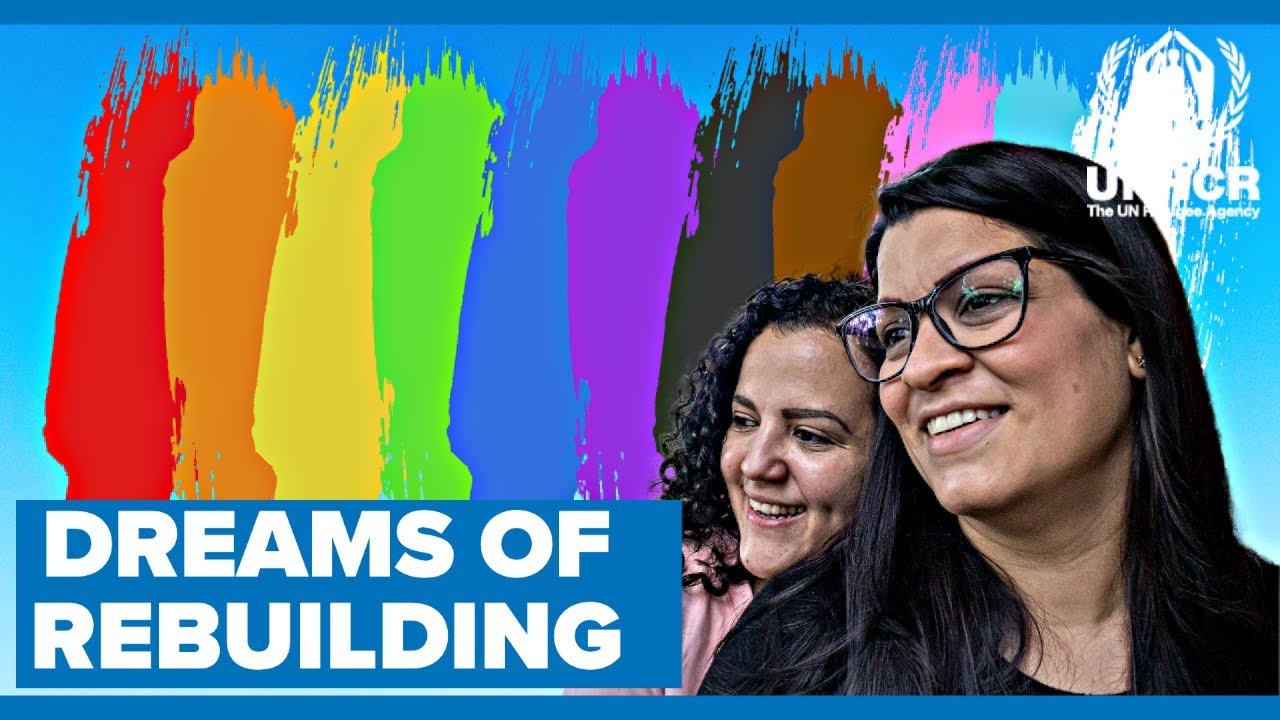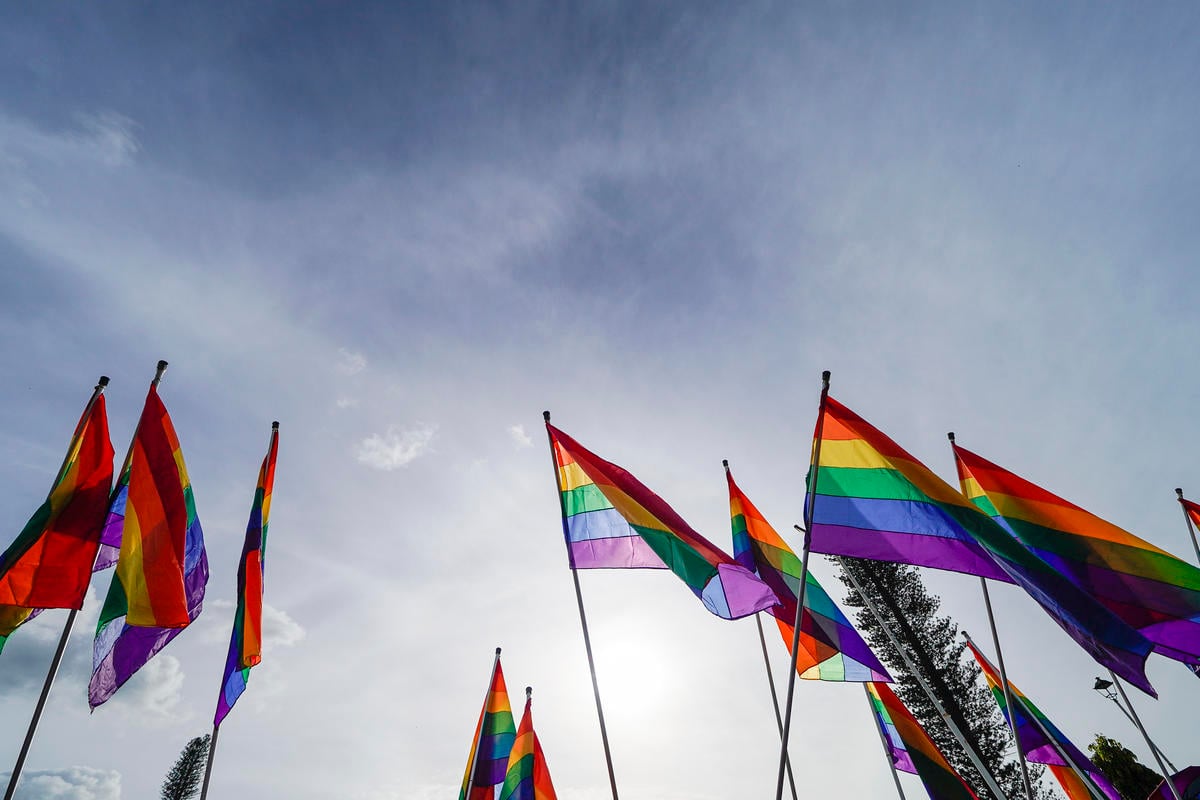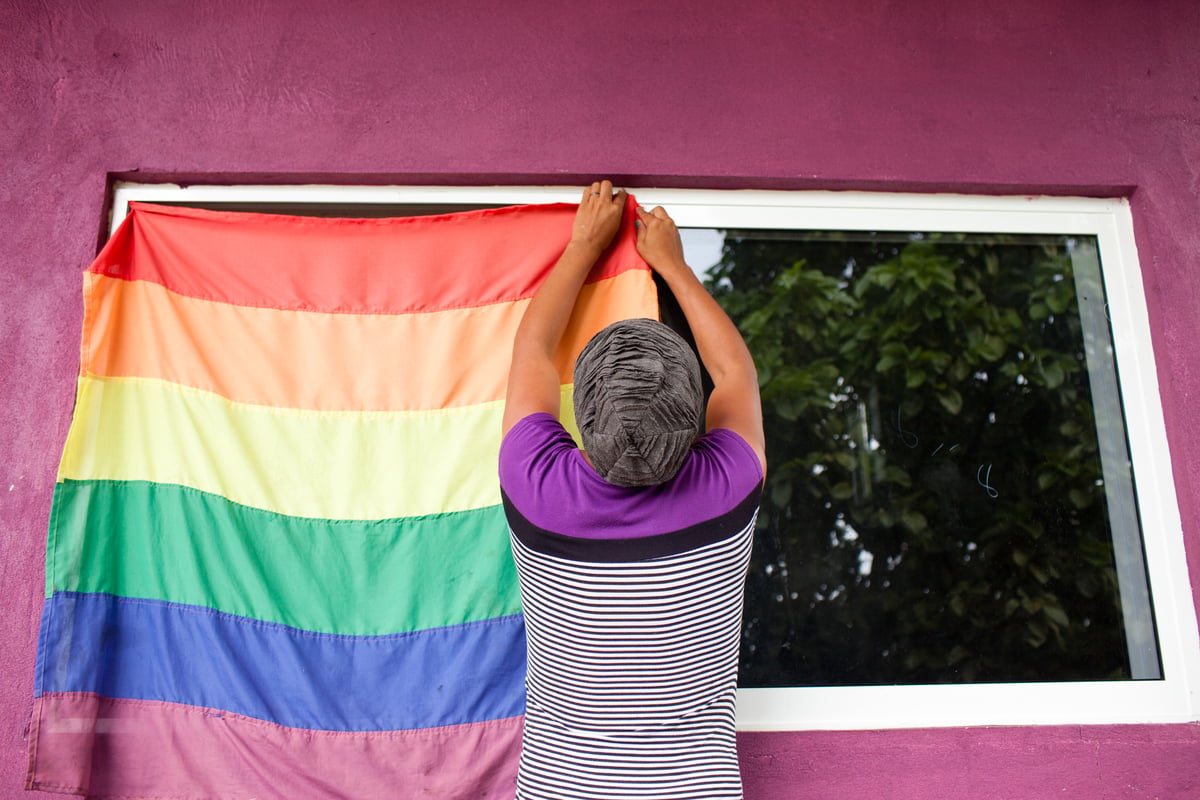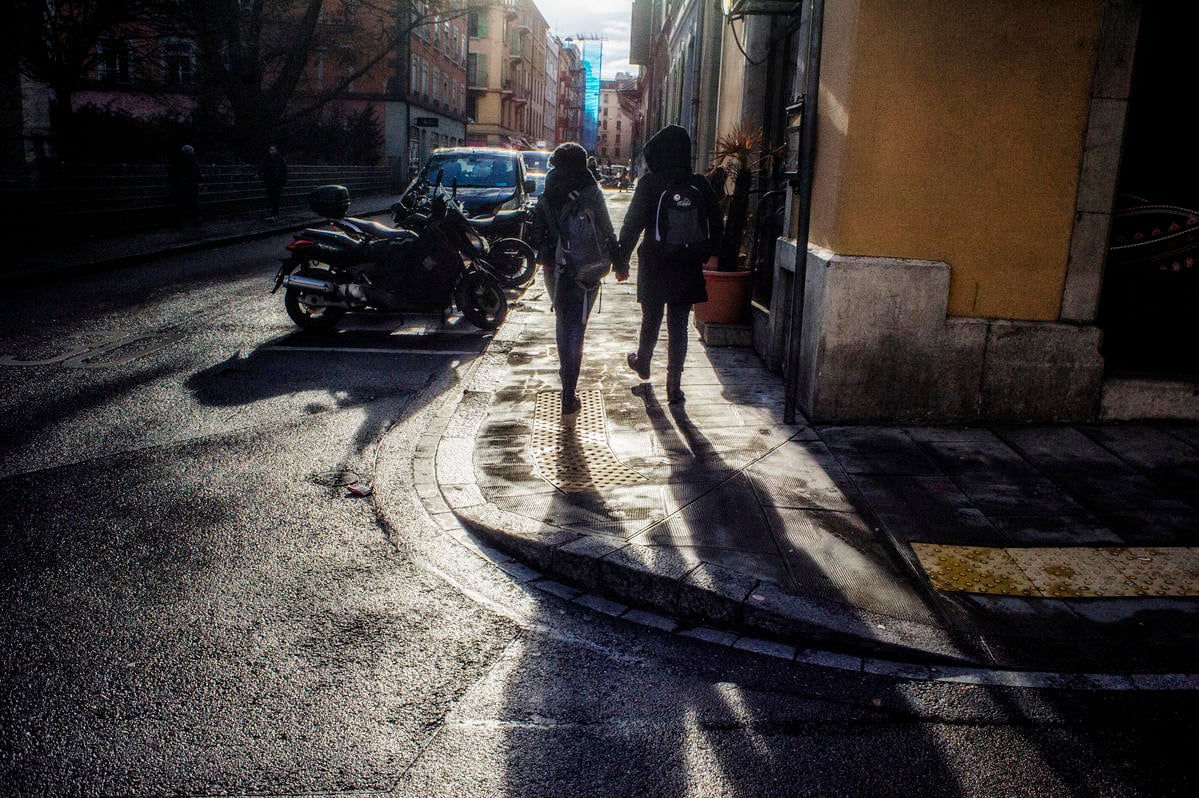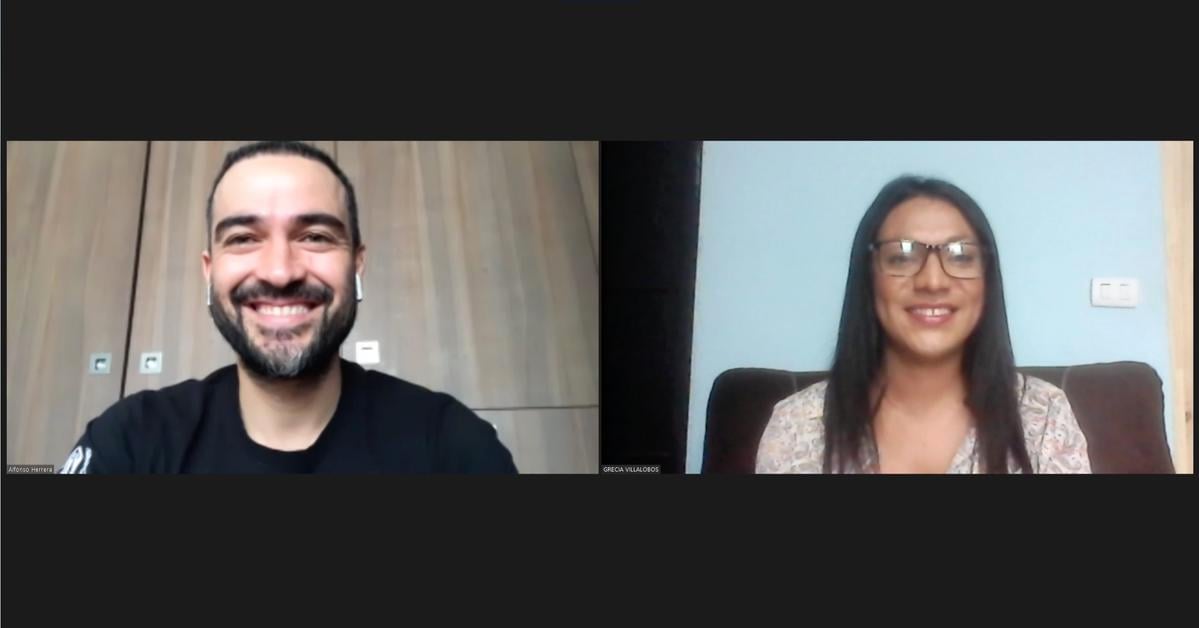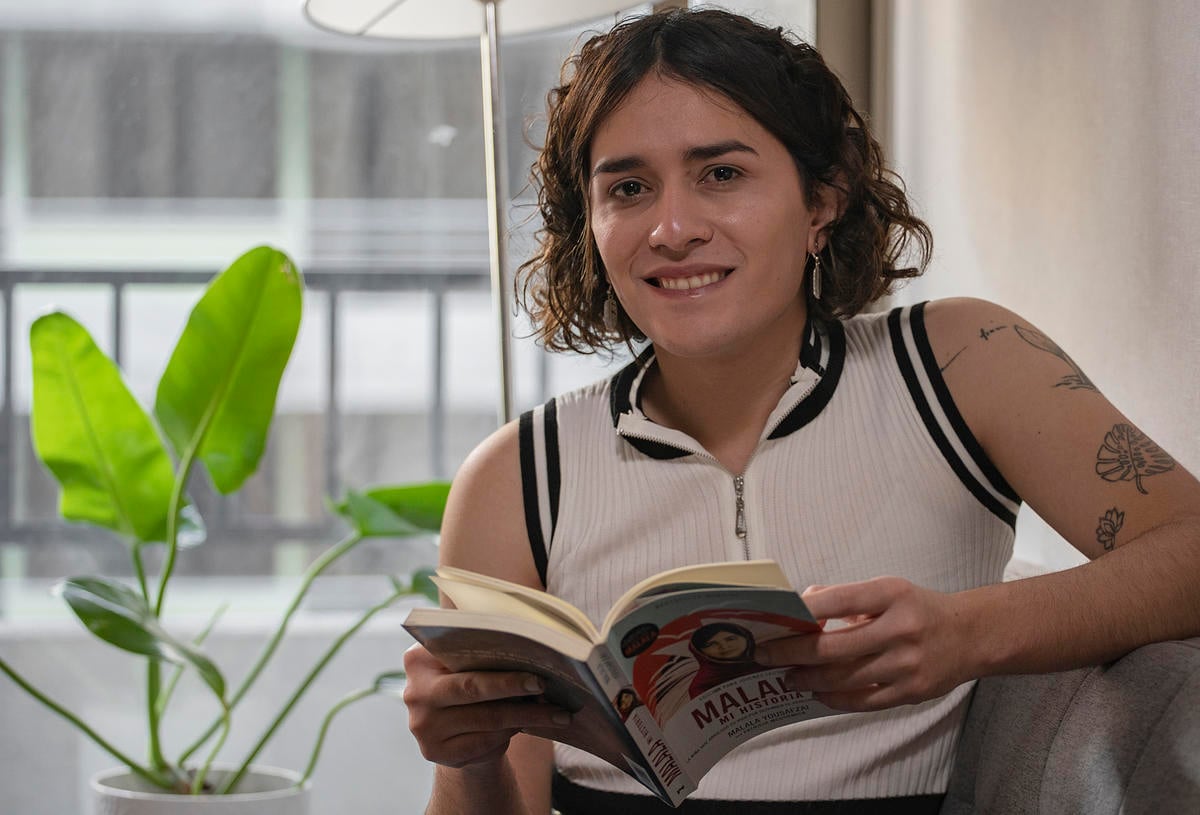UN High Commissioner for Refugees Filippo Grandi's message on the International Day Against Homophobia, Transphobia and Biphobia
UN High Commissioner for Refugees Filippo Grandi's message on the International Day Against Homophobia, Transphobia and Biphobia
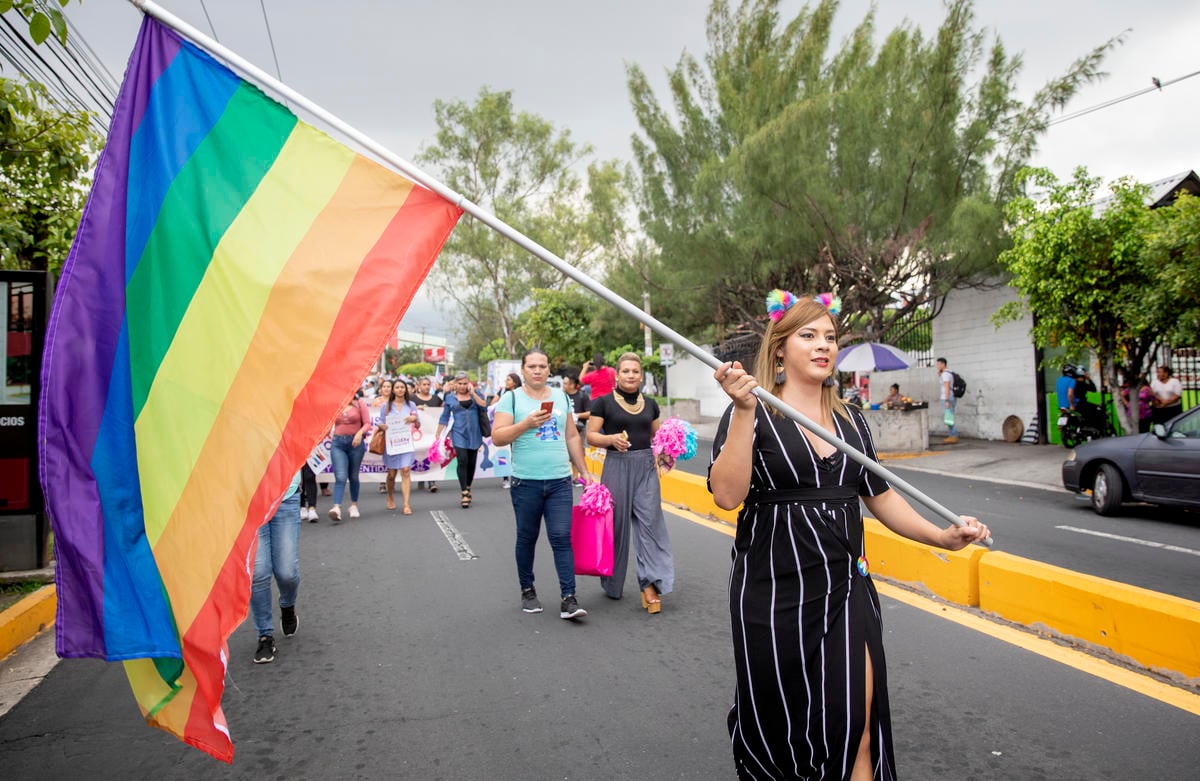
Today on the International Day Against Homophobia and Transphobia, I am thinking of the LGBTIQ+ refugees I’ve met – too many – for whom abuse and indignity has become a daily reality. Sadly, the pain often begins in their own homes, with their own families – destroying the one network so many refugees have told me they need most.
I am calling on countries to keep their doors open to LGBTIQ+ people in need of refuge.
In El Salvador, I met with activist Bianka Rodriguez.
Held at gunpoint, abused by her own mother, and bullied out of school because she was trans, Bianka now works to ensure fair laws and to build support networks for LGBTIQ+ people in El Salvador, including those forced to flee their homes and communities because of their sexual orientation or gender identity. Today, I am proud to announce that UNHCR, the UN Refugee Agency, has chosen Bianka as our first trans High Profile Supporter, so she can join us in our work to protect and advocate for LGBTIQ+ forcibly displaced people around the world.
Same-sex relationships are criminalised in more than 70 countries, with six countries having classified them as punishable by death. In other countries, LGBTIQ+ people face discrimination that prevents them from going to school, getting jobs, or running their own businesses.
LGBTIQ+ people often face similar stigma when they arrive in neighbouring countries. They are at high risk for sexual abuse and violence and often receive little or no police protection. They are often denied basic services, such as health care and legal aid.
UNHCR is committed to safeguarding the rights of LGBTIQ+ who have been displaced. To do this, we continue to work with LGBTIQ+ allies from civil society, the private and public sectors and academia to make sure refugees are heard and included in decisions that affect them and their communities. We rely on people, such as Bianka, to guide us and tell us what works.
We live in a world that is increasingly short on solutions for refugees. Resettlement in a third country – often the safest and only option for LGBTIQ+ refugees – is at an all-time low. As long as persecution based on sexual orientation and gender expression persists, I call on countries to step up for LGBTIQ+ people who are often at the greatest risk and in most urgent need of safety.
Every LGBTIQ+ person must be able to live peacefully and safely in their own country. UNHCR will continue to advocate for this. Until then, we need nations to welcome those who seek refuge, and UNHCR will make sure LGBTIQ+ refugees get the support they need, wherever they are.


